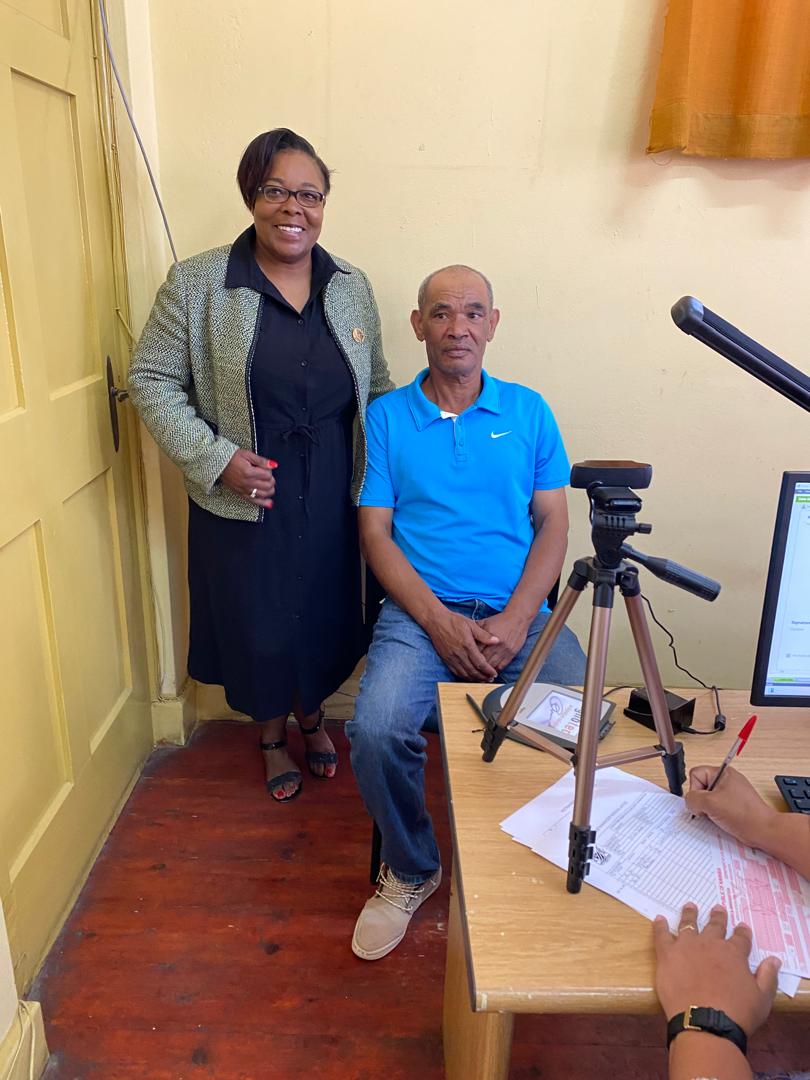Household borrowing stayed stuck at N$68.4 billion in February for the fifth month in a row because of deeper problems in Namibia’s economy.
Corporate credit growth slightly decelerated to 5.9% year on year (y/y) in February (from 6.1% in January 2025), reaching N$49.4 billion – a modest N$129-million monthly increase.
Simonis Storm Securities’ Almandro Jansen says this contributed to a slight moderation in private sector credit extension to 3.9% y/y (from 4.1% in January) – still stronger than last year’s 1.7%.
“The annual improvement reflects a sustained, modest credit recovery, mainly from corporate demand,” he says.
While business credit growth was relatively strong, the moderation stemmed from slower growth in other loans and advances (9.6% y/y from 15.1%), especially in manufacturing, mining, and fishing, where firms prioritised debt repayment.
Namibia’s corporate debt reached N$49.4 billion in February, up with N$129 million monthly.
“Corporate credit grew 5.9% y/y, slightly down from January’s 6.1%. Growth remains uneven across sectors amid a mixed economy,” Jansen says.
Corporate mortgage credit remained weak, contracting slightly by 0.2% y/y.
“However, instalment and leasing credit remained strong, up 20.4% y/y, supported by capital goods investment,” the analysts add.
Overdraft lending showed a slight recovery to 0.3% y/y (from -7% in January), but net repayments offset gains.
Jansen suggests businesses are cautiously managing debt despite accommodative financing.
“Favourable rainfall and the corporate tax cut (30% to 28%) could improve credit demand sentiment,” the analysis indicates.
Household credit growth remained at 2.6% y/y in February 2025, 1.7 percentage points below last year’s 4.3%.
Household debt stayed at N$68.4 billion, a slight N$143.5-million monthly decrease, reflecting cautious consumer behaviour and subdued borrowing due to high debt and economic uncertainty.
“Continued stagnation reflects weak consumer confidence and tighter affordability,” Jansen says.
Mortgage credit growth slightly increased to 0.7% y/y (from 0.3% in January), but remained below historical averages, indicating housing market caution. Household overdraft lending sharply contracted by -13.2% y/y, reversing January’s 18.5% spike.
However, other loans and advances grew 7.9% y/y, and instalment/leasing credit was solid at 12.3% y/y, driven by strong vehicle sales (up 10.4% y/y in February).
Simonis highlights a widening gap between corporate and household credit recovery, with businesses cautiously re-engaging while households face constraints.
– email: matthew@namibian.com.na
Stay informed with The Namibian – your source for credible journalism. Get in-depth reporting and opinions for
only N$85 a month. Invest in journalism, invest in democracy –
Subscribe Now!










